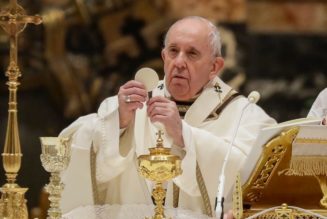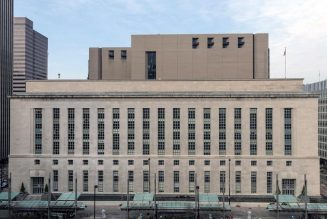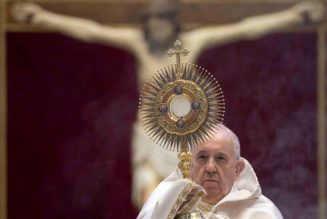
Bishop Juan Ignacio Arrieta Ochoa de Chinchetru, the secretary of the pontifical council, highlighted how the revised Code of Canon Law now includes crimes that have been typified in recent years in special laws, such as “the attempted ordination of women, recording of confessions, and sacrilegious consecration of the Eucharistic species.”
He said that new cases enumerated in the code also include the violation of papal secrecy; the omission of the obligation to execute a sentence or penal decree; the omission of the obligation to give notice of the commission of a crime; and the illegitimate abandonment of the ministry.
Msgr. Markus Graulich, the council’s undersecretary, said in an interview with CNA Deutsch, CNA’s German-language news partner, that these changes to Church law were necessary because the previous criminal law was not very “user-friendly.”
“In many places, punishments were mentioned only as a possibility, and the whole text gave the impression that it was almost merciless to apply punishments,” he said.
“In this regard, it must be remembered that the penal law was renewed at a time when the law in the Church, and especially the penal law, was fundamentally questioned. Today — also due to the examination of the abuse of minors — the atmosphere is different.”
The Pontifical Council for Legislative Texts is not itself a lawmaker, but assists the pope, who is the Church’s supreme legislator, in drafting, and interpreting canon law.
Pope Benedict XV established the pontifical council following his promulgation of the first Code of Canon Law in 1917. The Pontifical Council for Legislative Texts has since played a role in interpreting the decrees of the Second Vatican Council and revising the code of canon law. A new code for the Latin Catholic Church was promulgated in 1983, and a code of canons for Eastern Catholic Churches was promulgated in 1990.
The council worked for more than a decade on the revisions to Book VI, published on June 1.
Archbishop Iannone said: “This reform, which is presented today, therefore, as necessary and long-awaited, has the aim of making universal penal norms ever more suitable for the protection of the common good and of the individual faithful, more congruent with the demands of justice and more effective and adequate in today’s ecclesial context.”
Join Our Telegram Group : Salvation & Prosperity







